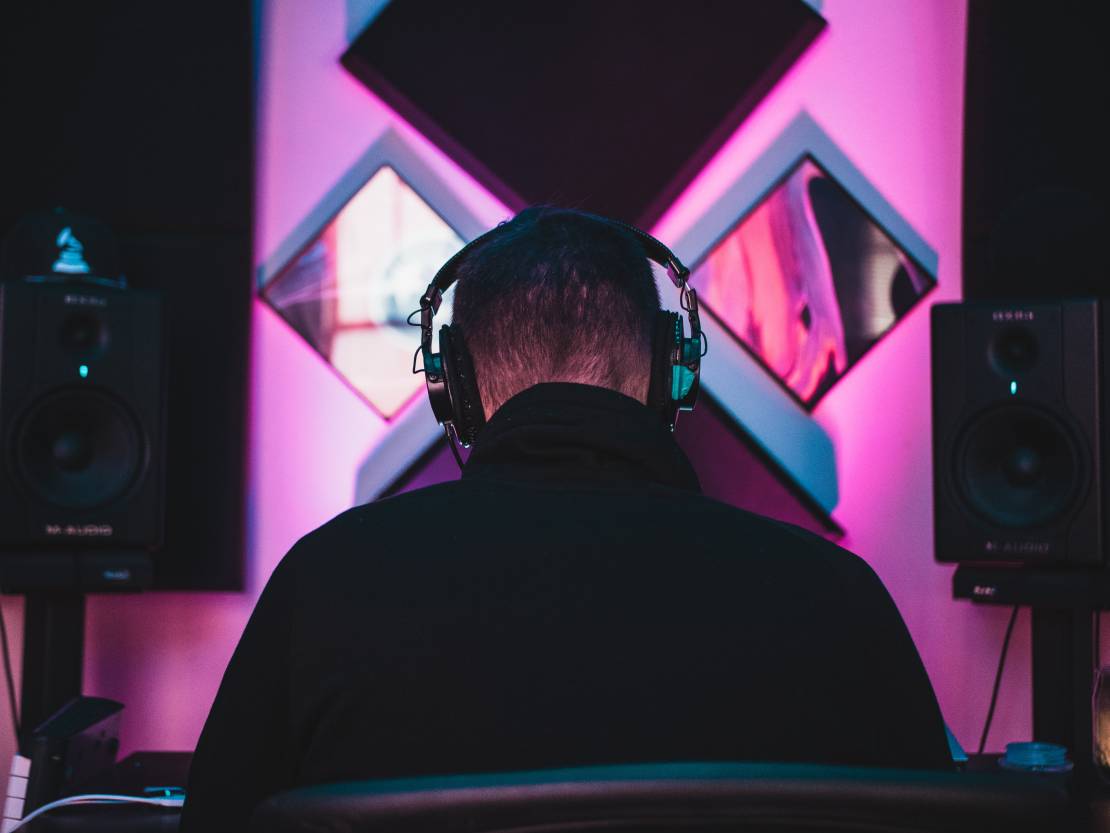
These royalties are generated whenever a song is duplicated, whether physically or digitally, through rental, purchase, or streaming services. It's crucial to the financial stability of musicians who create their own music and write their own tunes. If you're a successful songwriter, you know that mechanical royalties are a major source of income.
This phrase can also be used to describe the royalty payments made by a record label to a music publisher for the use of the label's copyrighted recordings. Songwriters and other owners of copyrighted musical works are entitled to mechanical royalties for their works' performance and distribution. Essentially, they are a form of payment to songwriters for the use of their songs.
Historically, when a record company wished to release new music for sale, they would use mechanical reproduction methods, such as putting the songs onto blank vinyl discs, cassette tapes, or CDs. As well as this, compositions were generated physically or mechanically and then copied onto products for general consumption.
When the record company decided to produce more of the physical formats, they had to pay the composer royalties for exploiting their work. In today's music business, most purchases are made online. Nevertheless, mechanical royalties persisted despite the complexity that arose in the methods for calculating and allocating them.
Authors and publishers of songs are the rightful recipients of mechanical royalties. The right to publish a song's composition is required in order to get mechanical royalties. As such, you must have written the song or published the work. Typically, songwriters receive mechanical royalties from the record label. This is the case anytime the record company desires to mass-produce CDs of the song or sell it via a download service like iTunes.
The percentage of mechanical royalties kept by the songwriters is established by the agreement with the publishers. The writer would be guaranteed at least 50% of the mechanical royalties, often known as a writer's share, although in other cases the songwriter would receive as much as 90% of the revenues. If the lyricist is also the publisher, though, they are entitled to keep all of the mechanical royalties.
Whoever acquires a license to duplicate and distribute a composer's song or composition is responsible for paying the songwriter a mechanical royalty. Previously, we established that the record company distributes royalties to composers. For both physical and digital sales, this is often handled by the songwriter's publisher. But this isn't the only way mechanical royalties can be distributed. Other approaches exist. The streaming platforms themselves have become the focal point of the music industry, generating the vast majority of mechanical royalties in today's digital age where services like Spotify are commonplace.
The composers are paid mechanical royalties by the streaming provider. This takes place each time a listener pushes play on the music on the streaming service, replicating the composition. The money must first pass through the intermediary system before it can be distributed to the copyright owners. Per-unit mechanical royalties are established. Therefore, a royalty must be paid for each copy printed or file downloaded. Each download or physical copy should pay the songwriter 9.1 cents. Once a song's duration goes above five minutes, a flat cost of 1.75 cents per minute is applied automatically.
A society based on mechanical collection mechanisms has been established in every significant region of the world. Distinct organizations collect mechanical royalties for online video and music streaming. The licensing arm of the National Music Publishers' Association, the Harry Fox Agency, is responsible for its collection in the United States. They are the middlemen between the record company and the composer.
Additionally, the publisher pays a commission to Harry Fox Agency equal to roughly 4.5 percent of the total mechanical royalties earned. In any situation, the songwriters' agreement dictates how the royalties will be divided between the publisher and the songwriter. The collection of public performance royalties and mechanical royalties is handled by the same organization in several countries, such as the United Kingdom, France, and Germany. Because of the present low mechanical rates, only really innovative and commercially successful songwriters can expect to make a living wage.
If songwriters want to get mechanical royalties, they must have used a digital music distributor to make their songs available for sale and streaming online around the world.
Generally, songwriters earn mechanical royalties by
manufacturing and selling physical CD and vinyl products,
when songs are reproduced into ringtones and sold as a ringtone
when their songs are streamed through interactive streaming services on Spotify, Deezer, and so on
when they are sold in digital retailers for digital downloads on iTunes, Beat port, Amazon, etc. outside of the USA, and
whenever downloads are purchased, or songs are streamed on-demand.
In addition, it is recommended that songwriters join a publishing administrator, who acts similarly to a publisher but allows you to keep all of your intellectual property rights while taking a small cut of your royalties. Hiring a publishing administrator is a practical and cost-effective option for unsigned songwriters.
When a songwriter signs with a publishing administrator and begins distributing their music, the administrator also registers the composition with the appropriate performance rights organization (ASCAP, BMI, SESAC) and all relevant streaming services and other institutions. You may rest assured that once mechanicals is due, the relevant parties will be able to track down your publishing administrator and make the necessary payment. Whenever you request a withdrawal, the administrator will promptly credit your account with the agreed-upon royalty amount.
Discover different genres of fantastic music made by soon-to-be prominent artists on Tunedly, and earn royalties, NFTs, and TunedCoins when you listen to these songs. Tunedly also offers to create music for you with the best artists, including Emmy, Grammy, and Oscar winners.




